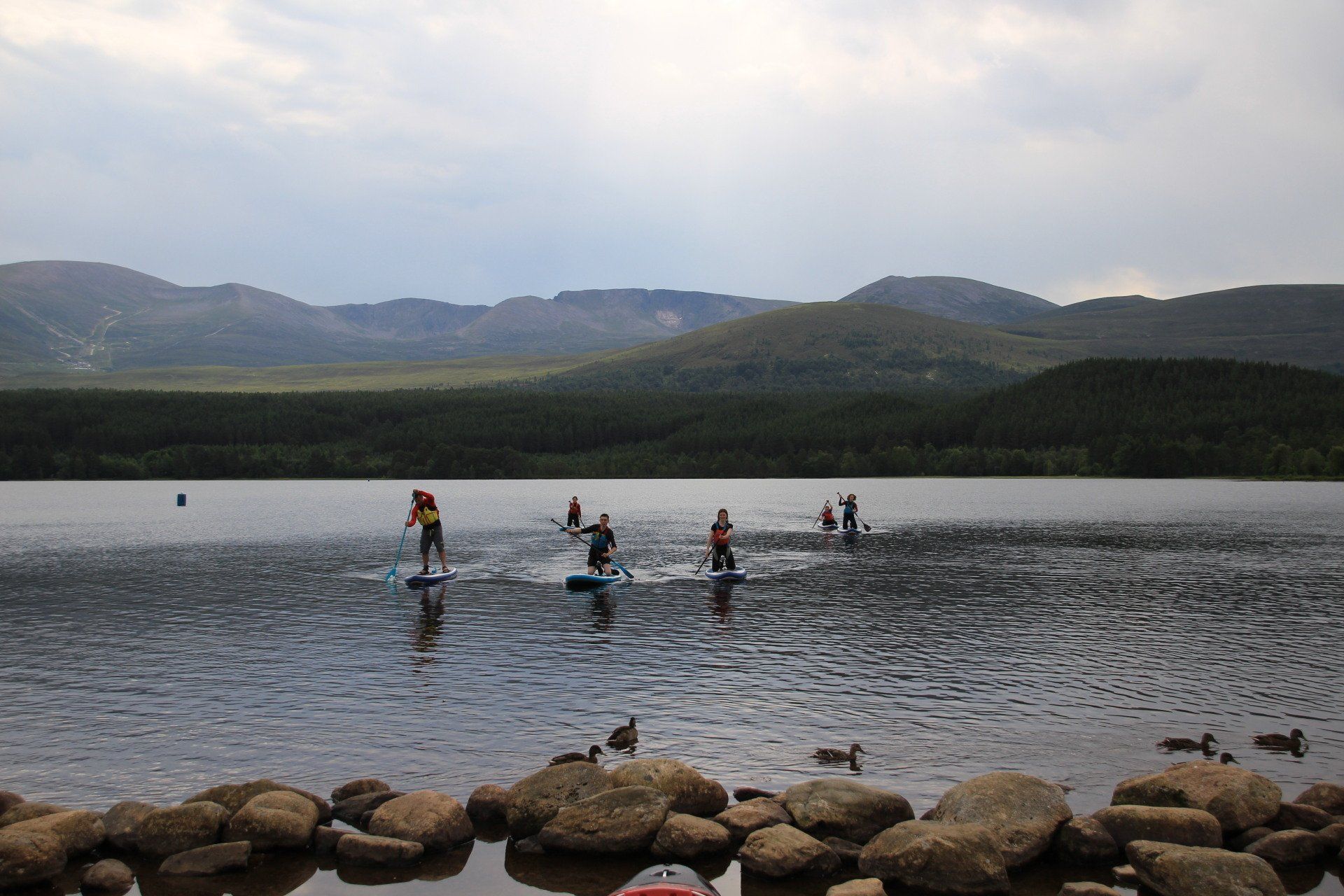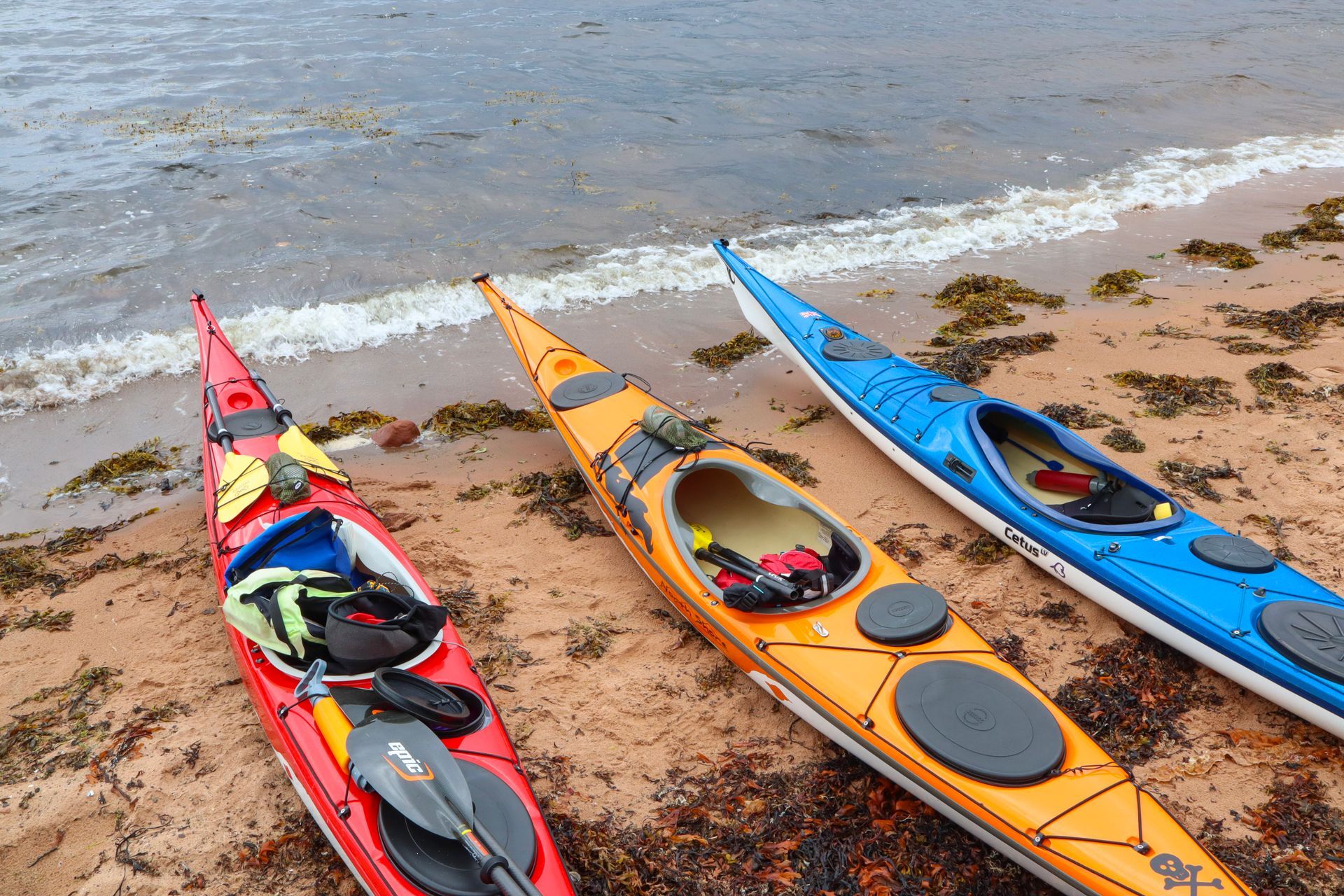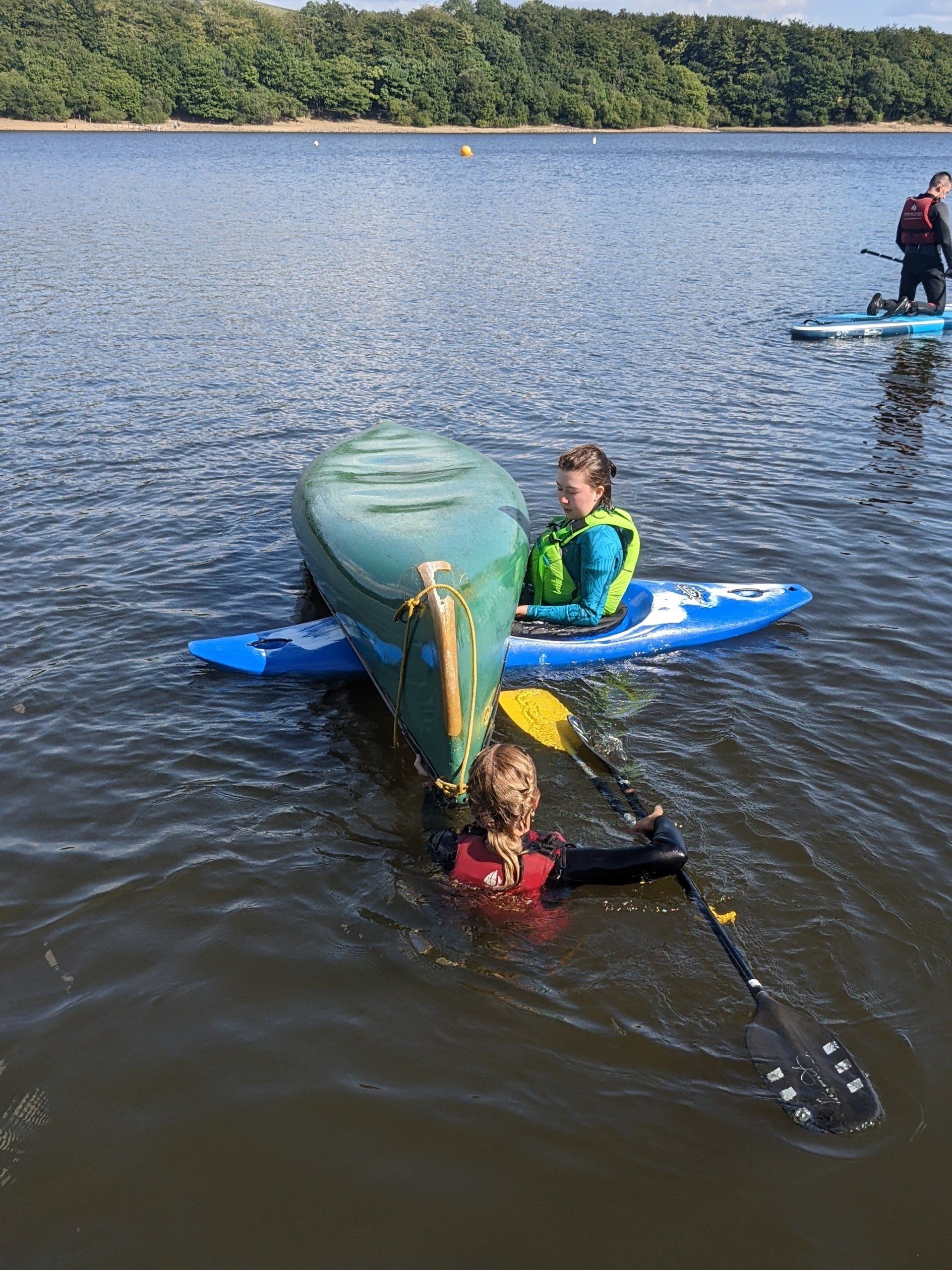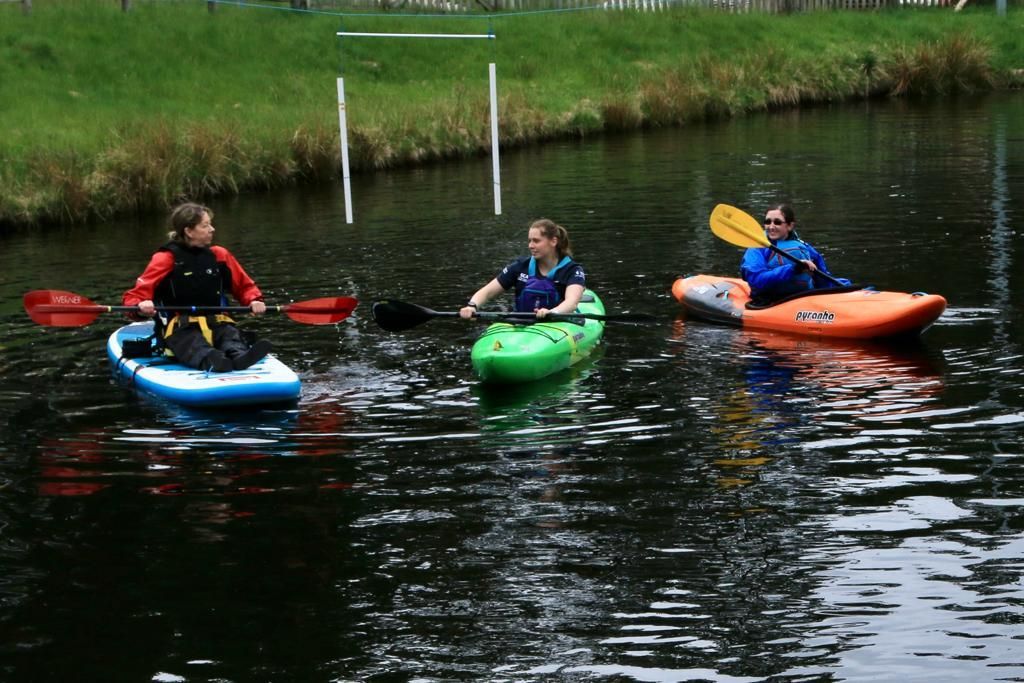Tick & Lyme Disease Awareness
Article submitted by the Lyme Resource Centre.
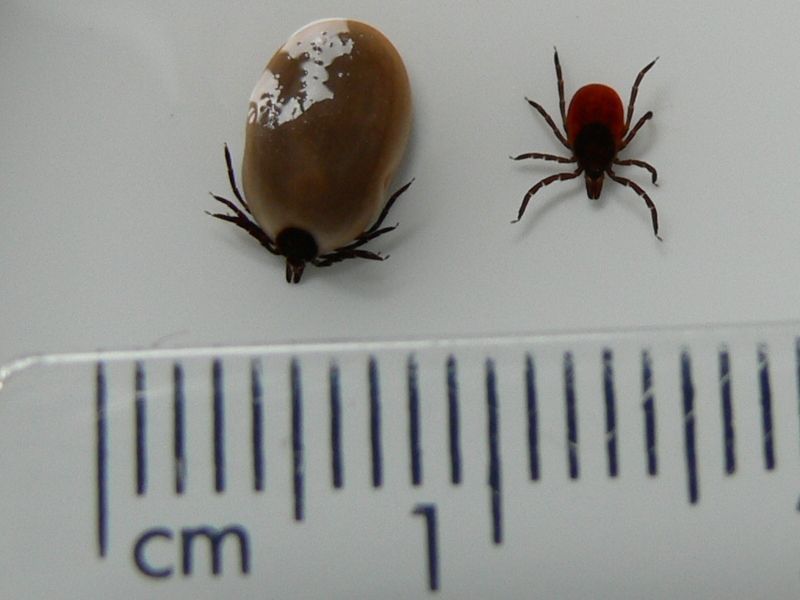
Ticks are tiny blood-sucking arthropods who need humidity and shade to survive. They are found in woodland, grassy areas, fields and moorland but may survive in urban parks and gardens if conditions are suitable. Loch side areas and river banks would often fall into the categories listed above.
Scottish Canoe Association members should be aware of ticks when accessing river banks or lochs to enjoy a day on the water; this will be the most likely scenario when a tick could attach itself to you. Additionally, if on longer trips then precautions need to be taken when camping in areas where ticks are likely to be encountered. For example, we heard of a group enjoying a kayaking trip on the River Spey where several members were bitten by ticks whilst wild camping.
Ticks are more active from April to October but may remain so throughout the year in warmer parts of the UK. Lyme disease can be transmitted to humans by at least three species of hard-bodied tick – and that is why we all need to know about them and how to stay safe!
Key things to know:
- How to spot them. They often transfer from longer grasses and undergrowth onto humans or animals as they brush past. Then they move to warm, moist places in your body – like inside elbows, behind knees and in the groin. In children, they can move towards the neck and ears too.
- If you try to flick off your skin once embedded, they won’t move. So, how do you remove them safely? Watch this video on how to remove a tick using tick removers. Also this one.
- Don’t be tempted to use oil or alcohol or set fire to a tick embedded in your skin as you could force the tick’s stomach contents into your bloodstream. Only 10-15% of ticks carry bacteria and viruses that can cause Lyme disease and other tick-borne infections but you cannot tell which ones.
- Once removed, you need to watch for signs of any Lyme disease infection – often as a type of flu, or a reddish bullseye type rash. This rash (called an Erythema Migrans or EM rash) is often not very circular, and can appear anywhere on the body - often 3-30 days after the bite. In fact, less than 40% of those bitten experience any rash, and sometimes it’s so faint you wouldn’t even notice. You’ll find some examples here.
- If you experience flu signs or an EM rash, even if you don’t remember a tick bite (since most people don’t) you should contact your medical practice and let them know you are concerned it could be Lyme disease. No test is needed as Lyme disease is a clinical diagnosis; that means the doctor or prescriber will take account of whether you’ve been bitten or in a tick-infested area, and importantly your symptoms. An EM rash means you do have Lyme disease so they will prescribe the correct antibiotics for the right length of time - usually 3 weeks according to the NICE (National Institute for Health and Care Excellence) guidelines for the NHS.
So how can you protect yourselves and safely enjoy the great outdoors? Here are some tips:
- Avoid brushing against vegetation (as ticks can attach as you brush past)
- Wear long trousers and tuck them into socks
- Take additional care to check for ticks if wearing shorts wetsuits / neoprene boots when accessing water courses.
- Wear light coloured clothing so that ticks are more easily noticed
- Insect repellents containing DEET and Picaridin are effective against ticks
- Carry out tick checks regularly during and after being in grasslands, parks or known tick areas - especially on children and domestic animals
- Remove any ticks promptly with the correct tick removal tools.
Scotland is a very beautiful country with amazing spaces to enjoy outdoor pursuits and adventures. Lyme Resource Centre’s aim is for us all to fully and safely enjoy what Scotland has to offer.
You can find more information on the Scottish registered charity website of Lyme Resource Centre (LRC)
www.lymeresourcecentre.com
HIGHLIGHTED EVENTS
VIEW MORE